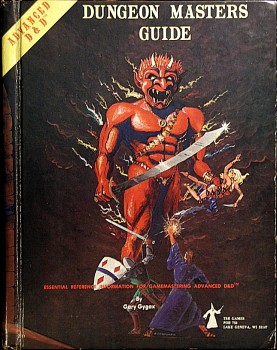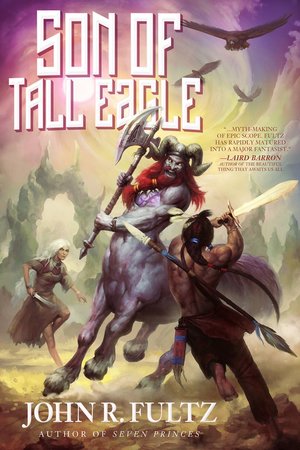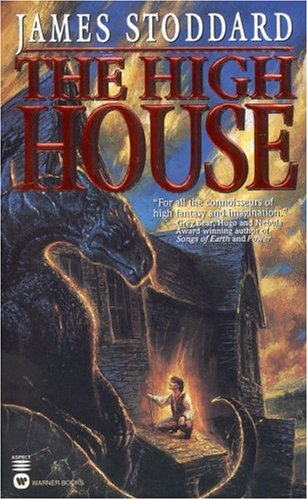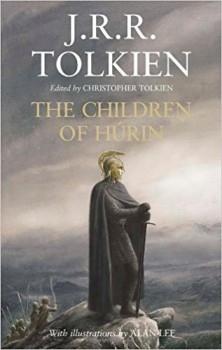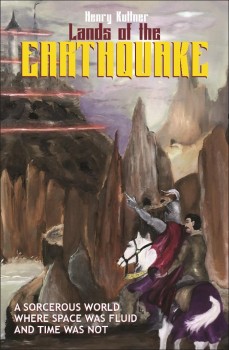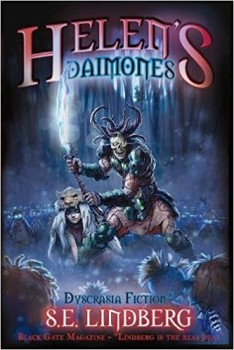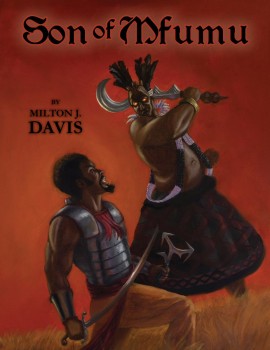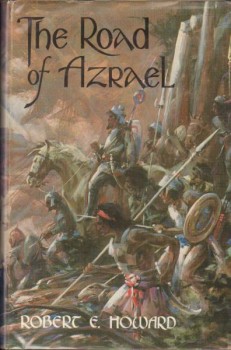February Short Story Roundup
 Just a little to report from this past month’s excursion into the realm of short heroic fantasy. First, there’s the best issue in some time of Swords and Sorcery Magazine. Second, issue #14 of Grimdark Magazine. While the latter is loaded with good non-fiction articles, there’s only a single, albeit 15,000-word-long, story.
Just a little to report from this past month’s excursion into the realm of short heroic fantasy. First, there’s the best issue in some time of Swords and Sorcery Magazine. Second, issue #14 of Grimdark Magazine. While the latter is loaded with good non-fiction articles, there’s only a single, albeit 15,000-word-long, story.
Swords and Sorcery Magazine rarely falls below good, but less often rises to great. I suspect it’s the nature of a magazine that only is able to pay $10 a story. Nonetheless, I found myself not only enjoying issue #72 but, despite not being surprised by anything in them, absolutely loving this month’s stories.
With the first, “Godsteel,” by Michael Meyerhofer, it came down completely to his characters’ voices and relationships. Three archers in the army of the Godprince, stationed in the siege lines surrounding the city of Haltan, are being ground down day after day. The ongoing possibility of a pointless death during an endless blockade brings the trio to a fateful decision that will affect the outcome of the battle and their futures.
During the soldiers’ introductions in the first paragraphs I became wary. While the senior one is named Mennaus, the others were called Tongue, because he lacks one, and Brain, because he hasn’t much of one. I’m immediately leery of any story where everyone has a cutesy nickname based on some trait, a trait which is also usually his singular characteristic. I was relieved to see that wasn’t the case in Meyerhofer’s story.
